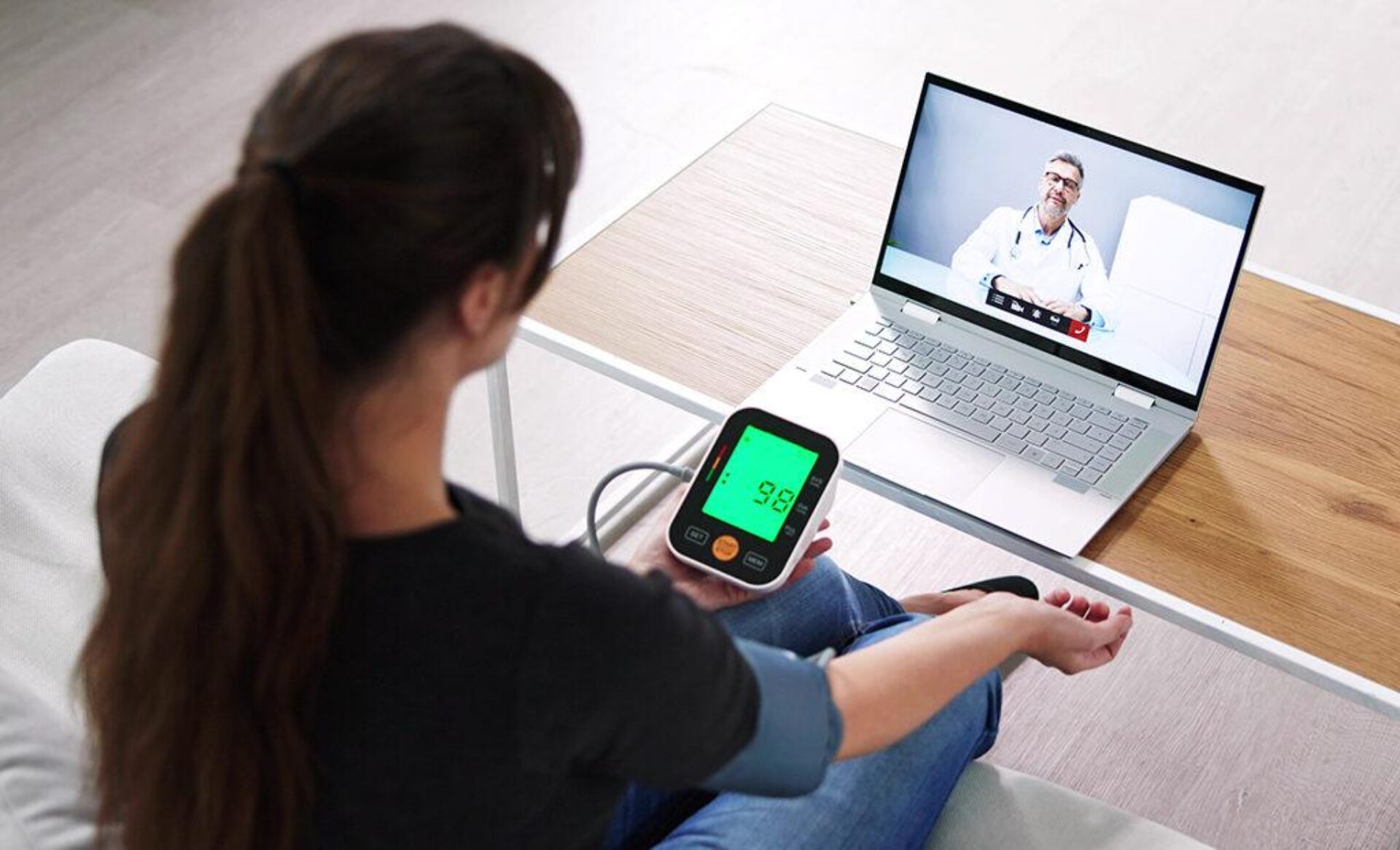
Penn Cancer Cavalry
- Clinical Transformation
The Penn Cancer Cavalry program provides remote patient monitoring, at-home treatment, and virtual health services, ensuring convenient and accessible care for patients with cancer. A successful demonstration will improve patient outcomes, patient and clinician experience, and capacity management.
As patients with cancer receive care, they may be met with harmful symptoms and adverse reactions as a result of their treatment. If symptom management support is needed, patients have the option of an in-person clinic visit, a Penn Medicine Emergency Department (ED), a community ED, or the Oncology Evaluation Center (OEC) at the Perelman Center for Advanced Medicine (PCAM). The capacities and hours of these services, however, are limited and can be inconvenient for patients located outside of the downtown area of Philadelphia.
For a different patient population, one option for symptom management is the Cavalry program at Penn Medicine, which offers urgent same day services at home for patients with chronic obstructive pulmonary disease (COPD) and/or Congestive Heart Failure (CHF) experiencing symptoms that would otherwise require on-site care. For COPD and CHF patients, finding accessible and affordable care can be challenging and compounded by an increased risk of hospital readmissions. In addition, since the onset of the pandemic, many patients seek more convenient care that is closer to their communities or even entirely at home. Cavalry addresses the emerging needs of these patients by offering a less expensive and more convenient alternative through which Penn Medicine at Home (PMAH) nurses visit patients at their place of residence and administer IV treatments that would typically be performed at a hospital or infusion clinic setting. Penn Cavalry saw success in the initial pilot phase, preventing 82% of readmissions and receiving patient reports of high satisfaction with the program.
Given the success of the Cavalry program, and the opportunity to explore these types of services in the oncology space, PC3I Faculty Lindsey Zinck, PhD, RN, OCN, NEA-BC and colleagues have initiated the launch of a demonstration project for the Penn Cancer Cavalry program. The program is a health system-based mobile integrated health care (MIH) model that provides access to at-home symptom management for oncology patients who would typically require hospital-based ambulatory services. To demonstrate the effectiveness of such a program, the Penn Cancer Cavalry team will be rolling out the project in phases. Phase 1 will focus on patients already receiving home health services through PMAH, providing telehealth and remote patient monitoring services in addition to at-home symptom management. For Phase 1 participants, there are two pathways for referral to Penn Cancer Cavalry—the patient notifies their oncology team of qualifying symptoms and, after assessment, is referred by their oncologist to Penn Cancer Cavalry, or a PMAH Virtual Case Manager identifies new or worsening symptoms and refers the patient to the program. In both cases, providers would decide to refer the patient to either the Penn Cancer Cavalry program or the OEC, depending on their symptoms. Later phases would provide the addition of evening and weekend availability and extend services to patients who don’t qualify for at-home health services, patients outside of typically served Cavalry areas, and patients with a provider at a Penn Medicine hospital outside of HUP.
A patient-centered approach is a critical component to high-quality care; therefore, a model that is respectful and responsive to individual patient preferences, needs, and values is important. The Penn Cancer Cavalry program will provide convenient and accessible care for oncology patients, and it can lead to improvements in patient outcomes, patient and clinician experience, and capacity management. Pending initial findings, there is hope to expand these types of services to health systems outside of Penn Medicine.
Cancer Service Line, Abramson Cancer Center, Penn Center for Cancer Care Innovation, Division of Hematology and Oncology, Hospital of the University of Pennsylvania, Center for Health Care Innovation, Penn Medicine at Home, Strategic Decision Support, Managed Care at Penn Medicine
Project Leads
-

Lindsey Zinck
PhD, RN, OCN, NEA-BC
Chief Nursing Officer for the Abramson Cancer Center, Cancer Service Line
Project Team
-
David Alexander
-
Kathryn Allen
-
Justin Bekelman
-
Insuk Choe
-
Neil Crimmins
-
Edward Dickinson
-
Shannon Donahue
-
David Dougherty
-
Amy Evers
-
Danielle Flynn
-
Sara Gershkovich
-
Marie Ianelli
-
Sandra Jost
-
Colleen Kucharczuk
-
Erin Lightheart
-
Stephanie Markunas
-
Suzanne McGettigan
-
Breanna McGinnia
-
David Miller
-
Jenna Moyer
-
Caitlin M. O'Neill
-
David Resnick
-
Roy Schwartz
